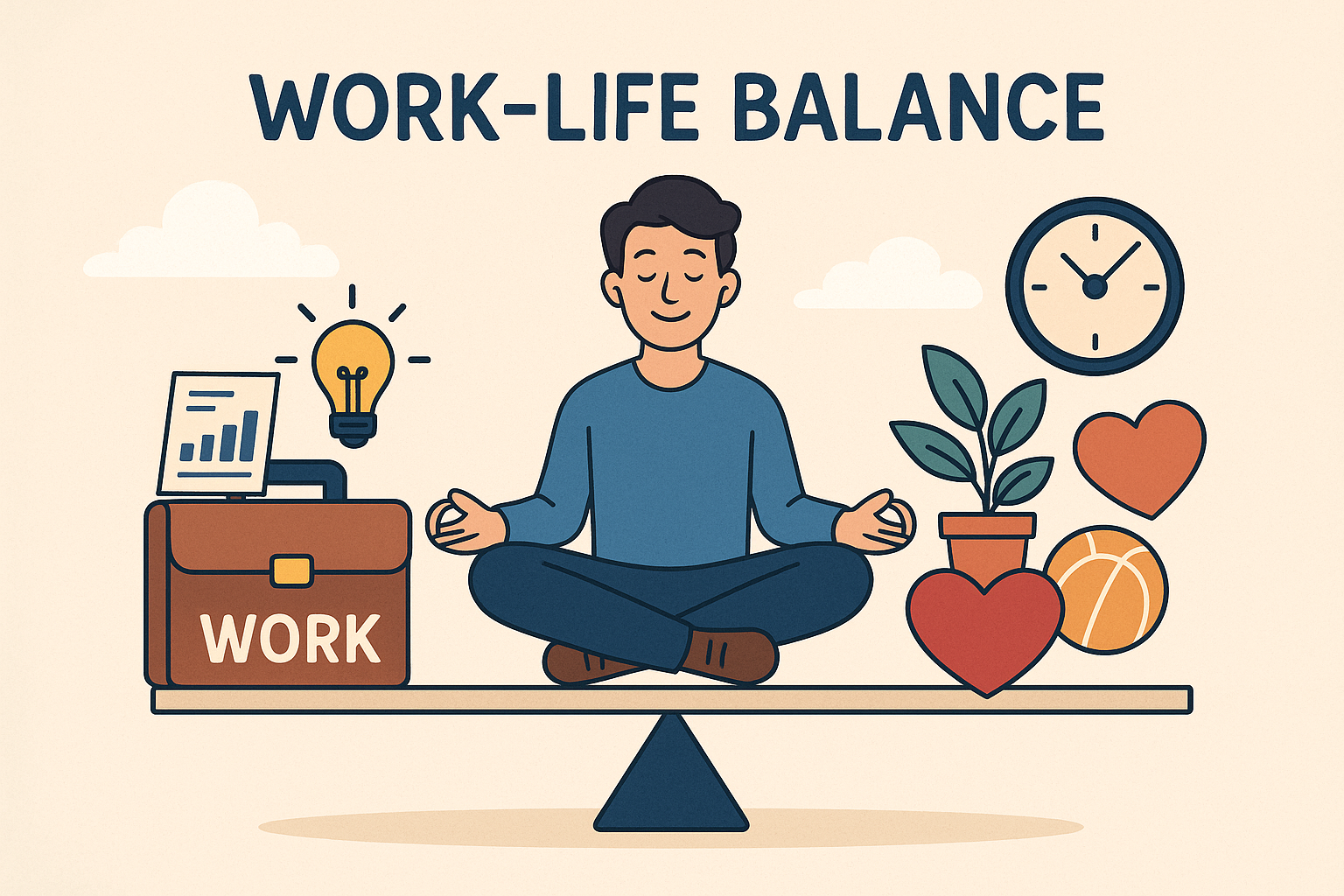Once again about the four-day workweek; this time based on the example of Iceland
" When Iceland initiated its four-day workweek pilot in 2015, skepticism abounded. Critics questioned whether productivity would suffer, costs would rise, or service standards would decline with reduced working hours. However, what began as a modest experiment with 2,500 workers (approximately 1% of Iceland’s workforce) rapidly expanded to include nearly 90% of the country’s workers by 2019.
The transition reduced standard weekly hours from 40 to 36 with no reduction in employee compensation. Contrary to initial concerns, productivity remained steady and even increased in certain sectors. This successful implementation validated what Generation Z had long advocated: that quality of work matters more than quantity of hours.
Unlike Belgium’s approach, which compressed 40 hours into four longer workdays, Iceland maintained normal daily hours while reducing the total weekly commitment. This distinction proved crucial for achieving genuine work-life balance benefits rather than merely redistributing the same workload.
María Hjálmtýsdóttir, a teacher and activist, observed: “The reduction of the workweek has been a huge success in Iceland. For 90% of us, the 36-hour workweek means less stress, more job satisfaction, and more time to enjoy life.”
Digital infrastructure supporting flexible work
Iceland’s success with the four-day workweek wasn’t accidental. The country’s substantial investment in digital infrastructure created the necessary foundation for this workplace revolution. Iceland boasts one of the world’s most robust internet connections, extending even to remote rural areas, enabling seamless remote work capabilities.
This digital backbone has facilitated:
- Effective communication across distributed teams
- Cloud-based collaboration on projects regardless of location
- Flexible scheduling that prioritizes results over presence
- Automation of routine tasks to maximize productivity in fewer hours
Generation Z workers, having grown up immersed in digital technologies, adapted effortlessly to this flexible arrangement. Their native comfort with remote collaboration tools and digital communication methods helped overcome potential implementation challenges, proving their early predictions about technological enablement of flexible work models.
Societal benefits beyond workplace productivity
The impact of Iceland’s four-day workweek extends far beyond economic metrics. The initiative has generated profound societal benefits, particularly in advancing gender equality. With additional non-work time available, men have increasingly engaged in family responsibilities and household duties, creating more balanced domestic partnerships.[...]
Icelanders now report significantly higher quality of life, with additional time for leisure, family activities, and personal development. This holistic improvement in wellbeing supports Generation Z’s assertion that work should complement rather than dominate life.
Global influence and ongoing evolution
Iceland’s successful implementation has inspired similar initiatives worldwide. Countries including Germany, Portugal, Spain, and the United Kingdom have launched their own pilot programs to test reduced workweeks. The Icelandic model demonstrates that prioritizing human wellbeing can coexist with economic productivity. [...] As predicted by Generation Z, this balance creates more sustainable and humane work environments without sacrificing business objectives."



